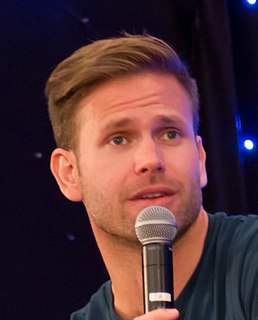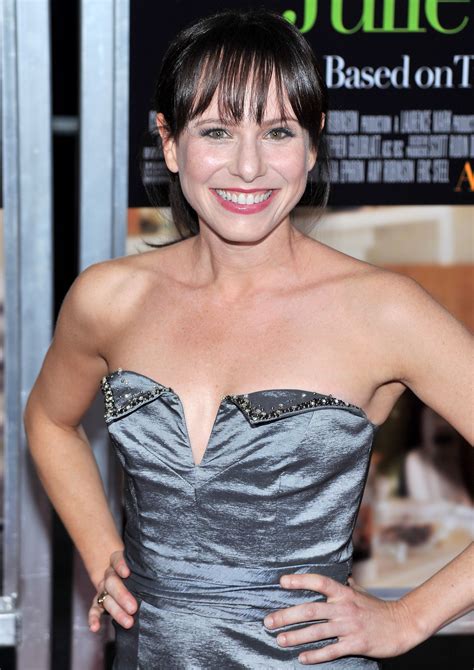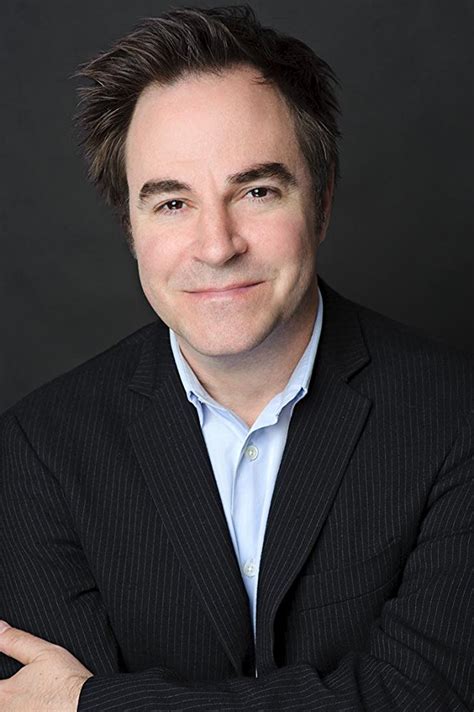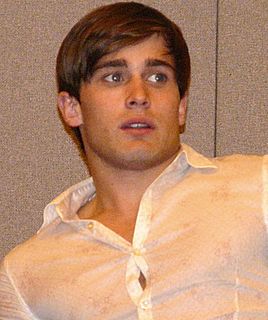A Quote by Matthew Davis
Initially, I had started doing theater, where the actor has a direct relationship to the audience. So, moving into film and television disconnected me. When you do a film, you start to get the character, and then it disappears for a year before it's released and you get feedback.
Related Quotes
When I was younger, I definitely thought musical theater was sort of more pure than film. I used to say I'd never go to film because we had to get it right the first time in musical theater. But then, of course, I started doing film and realized I loved it. Keep in mind that I was 8 years old when I said that.
I think film is a world of directors. Theater is a world of actors. Or, theater is for actors as cinema is for directors. I started in theater. Filming is as complete as directing film. In theater, you are there, you have a character, you have a play, you have a light, you have a set, you have an audience, and you're in control, and every night is different depending on you and the relationship with the other actors. It's as simple as that. So, you are given all the tools.
The first thing I say when people ask what's the difference [between doing TV and film], is that film has an ending and TV doesn't. When I write a film, all I think about is where the thing ends and how to get the audience there. And in television, it can't end. You need the audience to return the next week. It kind of shifts the drive of the story. But I find that more as a writer than as a director.
I grew up doing plays - I went to a stage school after school - and it's always something that I've wanted to do, but, in a weird way, if you do television and film and you didn't go to drama school and don't have a theatrical background, it's hard to get your foot in the door. In the same way that it is for theater actors to get into television and film. There's a weird prejudice that goes both ways.



































